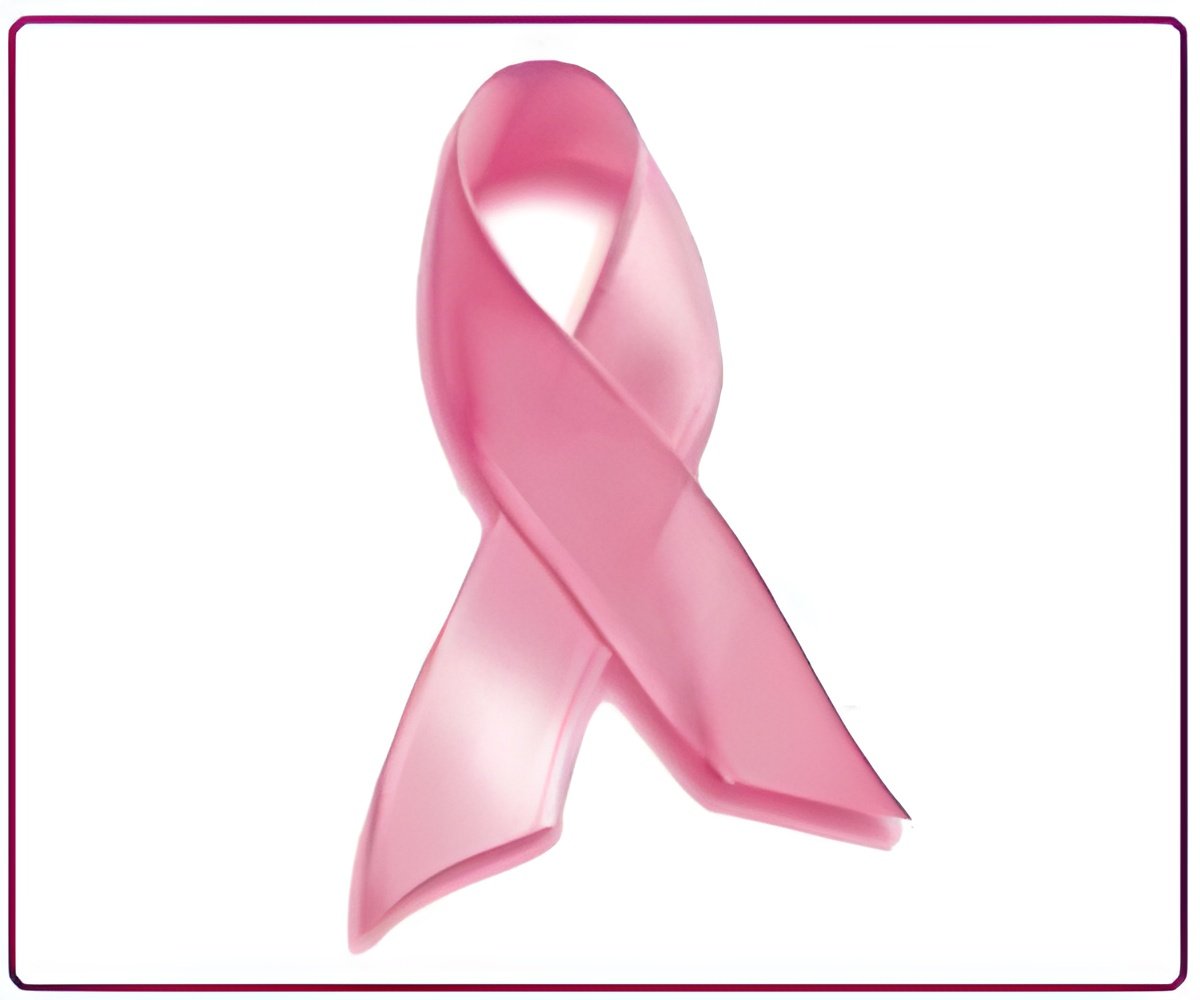
"Tumor suppressors are actually genes that have been used by evolution to protect us from all kinds of abnormalities," said Manuel Serrano of the Spanish National Cancer Research Center.
In this case, the researchers studied a tumor suppressor commonly lost in human cancers. Mice with an extra copy of the gene known as Pten didn't get cancer, but that's not the half of it. Those mice were also leaner, even as they ate more than controls, Serrano said. That suggested that the animals were experiencing some sort of metabolic imbalance—and a beneficial one at that.
Cancer protection aside, the animals lived longer than usual. They were also less prone to insulin resistance and had less fat in their livers. Those benefits seem to trace back to the fact that those Pten mice were burning more calories thanks to overactive brown fat. Studies in isolated brown fat cells confirmed that a boost in Pten increases the activity of those cells. Pten also made it easier for brown fat to form.
"This tumor suppressor protects against metabolic damage associated with aging by turning on brown fat," Serrano says.
A small compound inhibitor that mimics the effects of Pten also came with those varied benefits. That's encouraging news for the prospect of finding a drug that might do for us what the extra Pten gene did for the mice.
Advertisement
Source-Eurekalert















